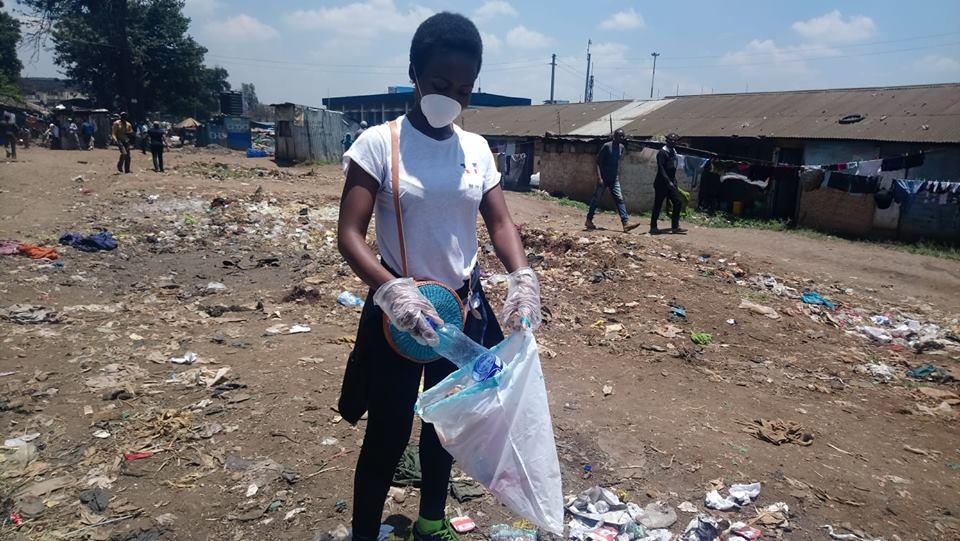Durban, May 10 -This morning, the Department of Environment, Forestry and Fisheries (DEFF) released the finalised amendments to the Extended Producer Responsibility regulations, in which recycling schemes were prioritised despite their poor track record of dealing with plastic pollution. Following the public consultation process in which Greenpeace Africa and Break Free From Plastic drove 4,000 individual submissions [1] from the public, the organisations and partners have responded:
Angelo Louw, Greenpeace Africa Pan-African Plastic Project Lead, said:
“This is just another example of how our laws are being manipulated to serve corporate interests in Africa. The adopted amendments and those recently announced dealing with plastic bags make it conducive for the plastic and petrochemical industry to continue polluting the environment under the guise of supporting recycling, which we can see is a false solution.
“Coca-Cola, for instance, says that they are supporting local governments’ waste management objectives by making recycling more accessible. However, it’s starting to look like the situation is the other way around: our governments are supporting corporations’ greenwashing and attempts to monitise environmental conservation.
“Effective solutions, such as reuse and refill models, were only mentioned twice in the final amendments – that is, two times in the entire 30-page document. The Department needs to understand that its mandate is to protect the environment and keep us healthy for generations to come. They must not sell us short to greedy corporations that take more than they give.”
Niven Reddy, Break Free From Plastic African Regional Coordinator, said:
“We have time and again reiterated to the Department of Environment, Forestry and Fisheries and corporations alike that they should support systems that attempt to replace packaging altogether, because implementing refillable and deposit systems systematically reduce the demand for products in packaging and is an effective way to stop plastic pollution at the source.
“We’re talking about incentivising people to bring their own containers, or return them once they have consumed the liquid contained in the bottles since, ultimately, that is what the consumer is purchasing: the product and not the packaging.”
ENDS
Notes to the Editor
[1] Greenpeace Africa and Break Free From Plastic urged the public to make individual contributions to the proposed amendments. More information on this push is available here.
The United Nations Environment Programme recently released a report, titled Neglected: Environmental Justice Impacts of Plastic Pollution, which found that marginalised communities are most vulnerable to the impacts of plastic pollution. Greenpeace Africa’s response is available here.
Photographs documenting plastic usage and glass bottle reuse schemes in Lenasia, South of Johannesburg, are available here.
 Get Involved
Get Involved
